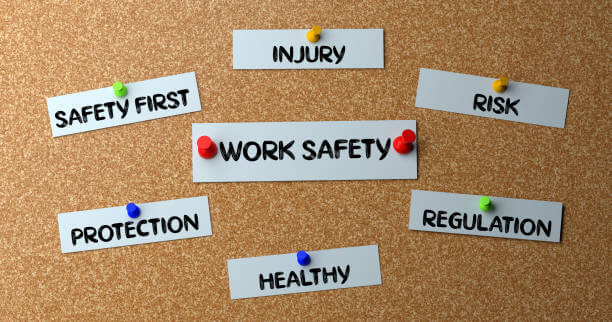The Duty of Care in Workplace Safety: Legal Implications for Corporate Officers
Cases, General, Health and Safety / 24 April 2024

The trial of former Port of Auckland Limited Chief Executive, Tony Gibson, has brought into focus crucial legal considerations surrounding workplace safety and the duty of care of corporate officers. Facing charges from Maritime NZ in connection with a workplace fatality, Mr Gibson’s trial represents a significant milestone in New Zealand’s legal landscape.
At the core of the case lies the assertion that Mr Gibson, in his capacity as Chief Executive, bore a distinct and affirmative duty of care concerning port health and safety procedures. It is alleged that Mr Gibson’s failures led to the workplace fatality, namely:
- Failure to document and implement a clear safe distance rule for workers operating near cranes.
- Inadequate establishment of safe processes for coordination between lashers and crane operators.
- Neglect in assessing the increased risks to workers, particularly lashers, during the COVID-19 pandemic.
- Failure to verify and ensure the adequacy and effectiveness of health and safety processes at the port.
In response, Mr Gibson highlights the complexities inherent in managing a large workforce and that he cannot be held personally liable for failures of systems and staff beyond his direct control. This trial raises questions about the legal obligations of corporate officers and the interpretation of the duty of care in workplace safety prosecutions. It underscores the importance of ensuring that those occupying senior positions within organisations understand and fulfill their obligations regarding health and safety.
Corporate officers have an obligation to exercise reasonable care, diligence, and skill in ensuring the safety of all individuals within the workplace. This obligation extends beyond mere compliance with statutory requirements; it encompasses a proactive duty to identify, assess, and mitigate risks to the health and safety of employees, contractors, visitors, and the public.
The outcome of this trial will have broad implications for corporate accountability and workplace safety standards in New Zealand.
For corporate officers, the trial serves as a reminder of their responsibilities. The outcome has the potential to reshape corporate governance and practices in workplace safety.
We can help. If you are unsure as to your health and safety obligations, we can assist by giving detailed advice, and can also help in providing training to directors and senior leadership teams on what this means in your context.
Disclaimer: We remind you that while this article provides commentary on employment law, health and safety and immigration topics, it should not be used as a substitute for legal or professional advice for specific situations. Please seek legal advice from your lawyer for any questions specific to your workplace.